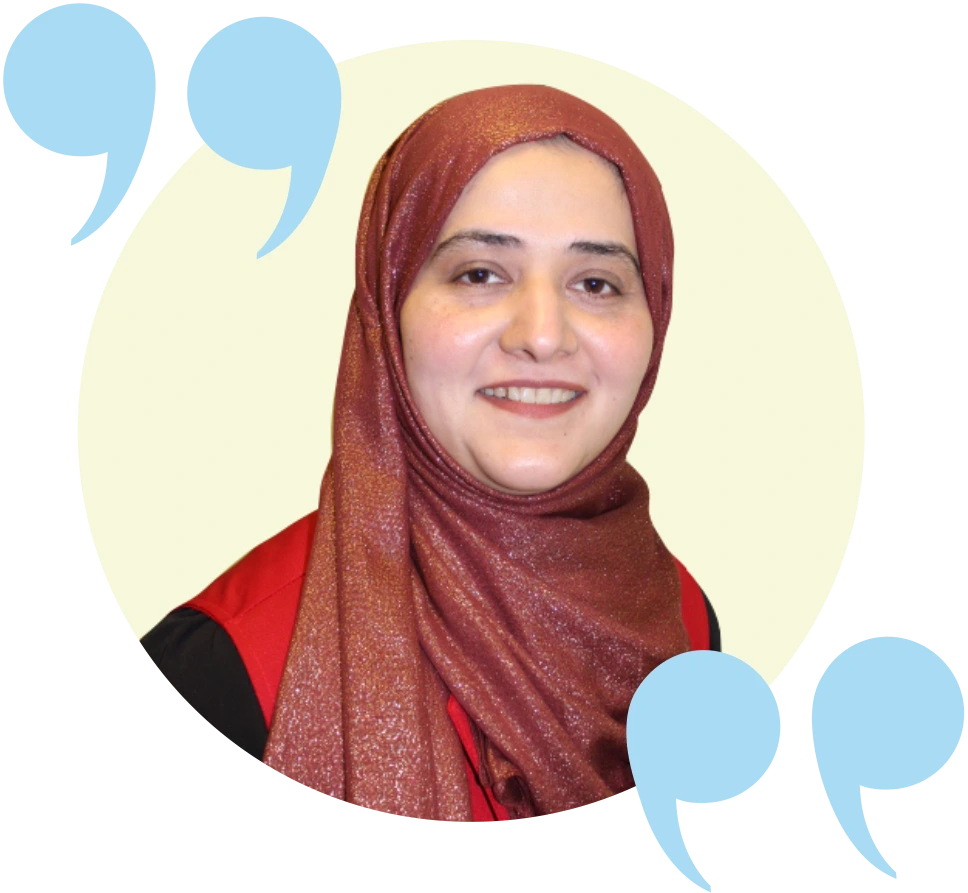- All group tuition sessions for Year 4 – Year 9 last for 1 hour 15 minutes. The cost is £27.
- For younger children in Year 3: These group tuition sessions last for one hour and the cost is £25. These shorter sessions are reserved for younger children due to their concentration levels.
- One to one sessions last for one hour and the cost is £40. One to one sessions are reserved for GCSE and A-Level students only.
There are no registration fees. Simply pay as you go.
Homework is given at the end of each session and will take about 1-1 ½ hours weekly to complete. Schoolwork comes first, of course, but a certain level of commitment is required here. This will also act as a preparation for working in a grammar school situation where homework plays a very important part.
Most parts of the UK do not have an explicitly selective education system of this sort. More common is the “comprehensive” system, in which pupils of all abilities and aptitudes are taught together.
There are around 164 grammar schools in England and a further 69 in Northern Ireland. There are no state grammars in Wales or Scotland and although some retain the name ‘grammar school’, they are non-selective and have no special status.
The majority of grammar schools teach pupils aged between 11 and 18, having integrated sixth forms that teach A Levels and equivalent post-16 courses. “Sixth forms” of this sort are far more unusual in comprehensive schools.



